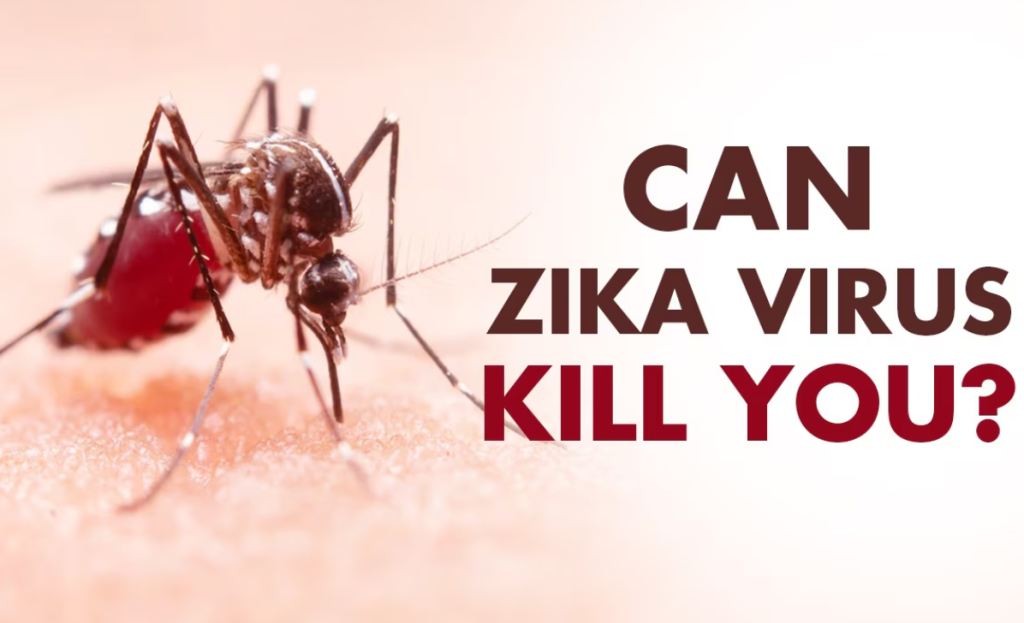Pune has witnessed a disturbing surge in Zika virus infections, with the total number of confirmed cases reaching 15 as of Tuesday. This recent spike, which includes two pregnant women and a teenager, has intensified anxieties surrounding the rapid spread of the virus.
Details of the New Zika Cases in Pune
The latest reported cases involve an 18-year-old pregnant woman in her 28th week, a 19-year-old pregnant woman 23 weeks into her pregnancy, and a 15-year-old boy. All three individuals reside in different areas of Pune, namely Pashan and Bhusari Colony in Kothrud.
The 18-year-old woman initially experienced joint pain and headaches on July 5th. Following testing, the National Institute of Virology (NIV) confirmed her condition as Zika virus infection on Monday. The 19-year-old, who reported a sore throat, underwent sample testing on July 8th, with confirmation of Zika infection received on Tuesday. The 15-year-old boy had been suffering from rashes and fever since July 3rd.
Growing Concerns Amidst Rising Zika Cases
Currently, Pune has 15 confirmed Zika cases, with eight of them being pregnant women. Dr. Rajesh Dighe, Assistant Health Officer of the Pune Municipal Corporation (PMC), revealed that the first Zika case was reported on June 20th, prompting immediate intervention from civic authorities. However, despite these efforts, the city has observed a rapid escalation in cases within a mere three weeks.
Understanding Zika Virus: Transmission, Symptoms, and Risks
The Zika virus is primarily transmitted through the Aedes mosquito, the same vector responsible for spreading dengue and chikungunya. While most infected individuals may not experience any symptoms or exhibit mild symptoms like fever, rash, conjunctivitis, body aches, and joint pains, Zika infection poses significant risks for pregnant women. Potential complications include congenital microcephaly, Guillain-Barre syndrome, and other neurological issues in the developing fetus. Newborns infected with Zika may also suffer from eye problems, hearing loss, and seizures.
Pune Municipal Corporation’s Response and Preventive Measures
The PMC has been proactive in tackling the rising number of Zika cases by implementing coordinated efforts to manage the situation. On Monday, a crucial meeting was held between the PMC Epidemiology Department, the Insect Control Department, representatives from private hospitals, and doctors. The meeting, chaired by Additional Municipal Commissioner Prithviraj BP, along with Dr. Kalpana Baliwant, PMC health officer, aimed to develop strategies to combat the Zika threat.
During the meeting, Dr. Baliwant provided comprehensive information about epidemics prevalent during the monsoon season, with a specific focus on vector-borne diseases like Zika. The PMC has urged private hospitals and medical practitioners to maintain vigilance and report any suspected cases promptly.

Collaborative Efforts: Government Advisories and Community Involvement
Both central and state governments have issued advisories and guidelines to combat the Zika virus outbreak. The PMC has been working diligently with various stakeholders, including private hospitals and community leaders, to ensure a coordinated response. The public is highly encouraged to take preventive measures such as using mosquito repellents, maintaining clean surroundings to prevent mosquito breeding, and seeking immediate medical attention for any symptoms suggestive of Zika.
The Road Ahead: Public Cooperation and Continued Vigilance
The recent surge in Zika virus cases in Pune poses a significant public health concern, particularly due to the involvement of pregnant women, who are at higher risk of severe complications. The PMC, along with central and state health authorities, is taking robust measures to control the outbreak and mitigate its impact. The cooperation of the public and healthcare providers is critical in preventing further spread and ensuring the safety and well-being of all residents.
Frequently Asked Questions (FAQs)
1. What are the symptoms of Zika virus infection?
Zika virus infection can be asymptomatic in many cases. However, some individuals may experience mild symptoms like fever, rash, conjunctivitis, body aches, and joint pains.
2. How is Zika virus transmitted?
The primary mode of transmission for Zika virus is the bite of an infected Aedes mosquito.
3. What are the risks associated with Zika virus infection in pregnant women?
Zika infection during pregnancy can lead to congenital microcephaly, Guillain-Barre syndrome, and other neurological complications in the developing fetus. Newborns infected with Zika may also suffer from eye problems, hearing loss, and seizures.
4. How can I prevent Zika virus infection?
Preventive measures for Zika virus include using mosquito repellents, wearing long-sleeved clothing and pants, eliminating mosquito breeding grounds around




